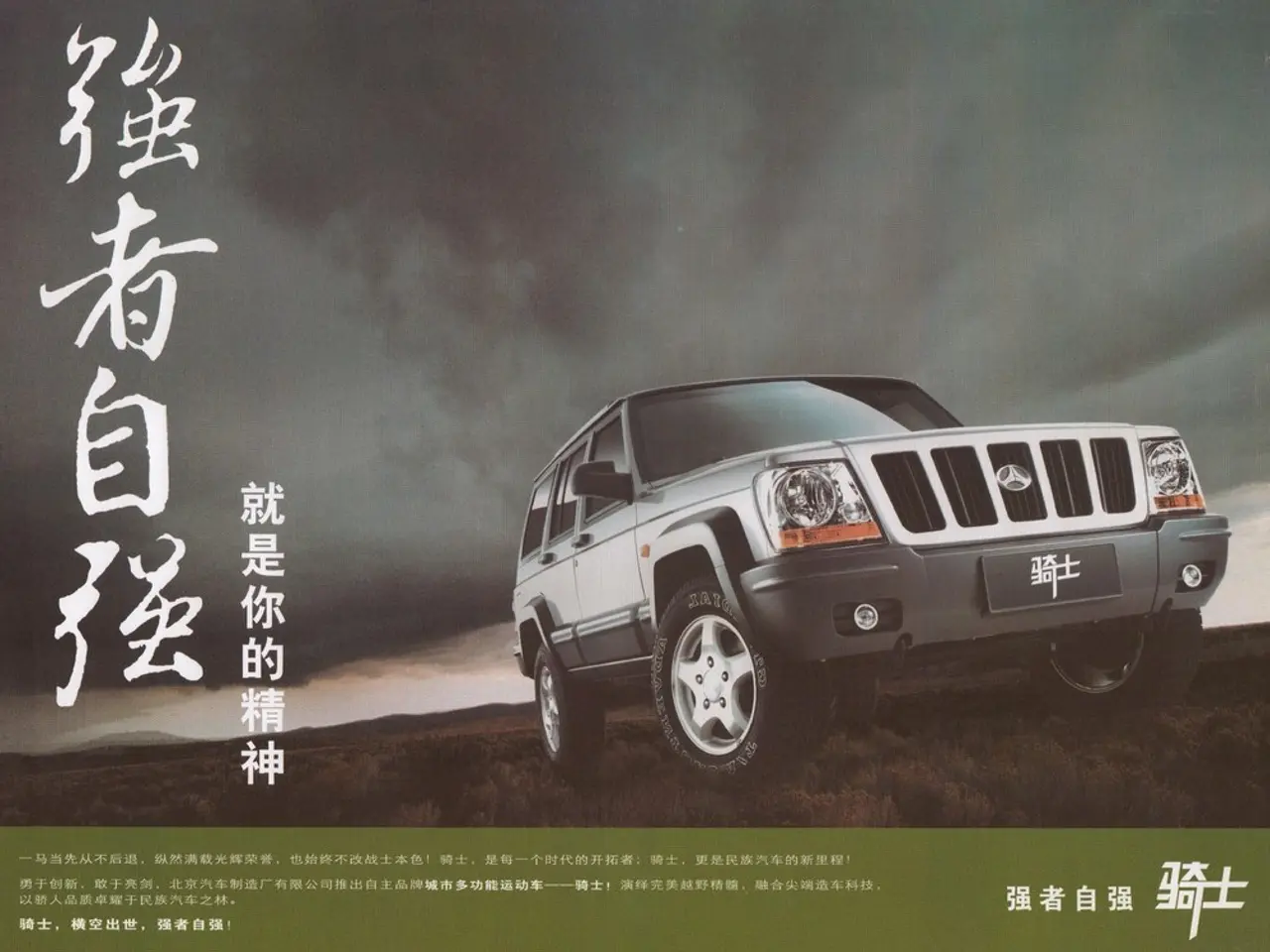China leverages Trump's turmoil to establish itself as a beacon of tranquility
The Xiangshan Forum, China's annual security conference, was held in Beijing this week, attracting over 1,800 military officers, diplomats, and academics from 100 countries. The forum, which has seen participation from more than 100 countries in recent years, including defense politicians and experts, is a platform for discussions on a wide range of topics.
This year's topics ranged from battlefield technology to the legacy of the second world war. Chinese defense minister, Dong Jun, told the forum that the rest of the world had nothing to fear from a more powerful People's Liberation Army (PLA). He emphasized that China's military strategy is founded on the principle of peaceful development and security partnerships based on equality, co-operation, and mutual benefit.
Oleksandr Chalyi, a former Ukrainian diplomat, spoke about the lessons learned from the ongoing conflict in Ukraine. He emphasized that a political process is necessary for a sustainable end to hostilities and that a resolution requires active participation from the US, EU, and China. Feng Zhongping, director of the Institute of European Studies, suggested that Europe should learn from post-WWII history, specifically the establishment of the European Coal and Steel Community, to find a way to live peaceably with Russia. He noted that Europe is in its most vulnerable security position since the end of the Cold War, with a hostile relationship with Russia and uncertainty about US defense commitments.
China also demonstrated its military might during the forum, with a military parade showcasing its most advanced fighter jets, hypersonic missiles, and AI-powered drones. The parade, which took place on September 3rd, was held in the shadow of two events: Donald Trump's return to the White House and a massive military parade in Tiananmen Square. For the first time, China demonstrated that it has a nuclear triad, having air-launched, land-based, and submarine-launched intercontinental ballistic missiles.
Dong Jun also used the forum to promote Xi's Global Governance Initiative (GGI), which aims to reform and strengthen the United Nations-centred international system. Da Wei, a professor at Tsinghua University, stated that China is not seeking to supplant the US as the global hegemon and has no intention of persuading the world to adopt its political system. However, he believes that the worsening relations between Beijing and Washington are due to the end of the era of globalization that formed the basis of their relationship.
Choi Shing Kwok, director of the ASEAN studies centre, expressed concern over the tariffs imposed by the US, which he believes are threatening the development model of the entire region. Da Wei suggested that Europe should learn from post-WWII history and establish peaceful relations with Moscow, noting that 26 European countries have sent troops to Ukraine, which is important for securing Ukraine after the war.
In conclusion, the Xiangshan Forum provided a platform for discussions on a wide range of topics, including military technology, the legacy of the second world war, and the future of global governance. The forum also showcased China's military might and its commitment to peaceful development and security partnerships based on equality, co-operation, and mutual benefit.







